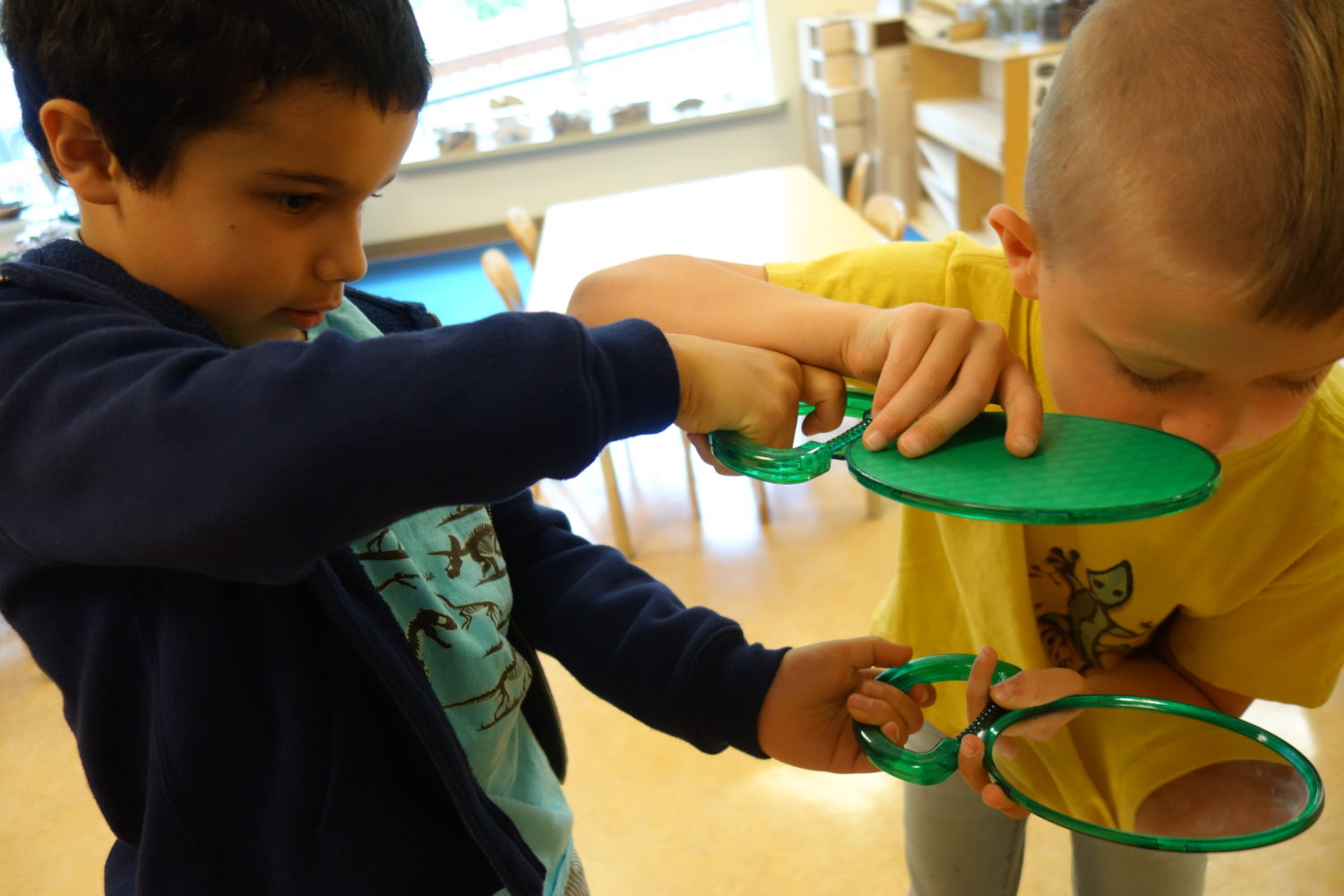Inspiring Agents of Change

If we do organize the study of serendipity, it will always be a whimsical undertaking, given that the phenomenon is difficult to define, amazingly variable and hard to capture in data. The clues will no doubt emerge where we least expect them, perhaps in the fungi clinging to the walls of parking garages or the mating habits of bird-watchers. The journey will be maddening, but the potential insights could be profound: One day we might be able to stumble upon new and better ways of getting lost.
Pagan Kennedy, How to Cultivate the Art of Serendipity
Playful Inquiry develops people’s capacity for empathy and collaboration as they encounter problems that hold meaning to them and discover surprising connections that lead to novel responses. With a high degree of agency and engagement, we imagine opportunities that don’t yet exist and feel a drive to explore their impact.
Pagan Kennedy calls those attributes of “super-encounterers” – people who have happy surprises popping up wherever they look. This, she says, is a pathway to invention.
Opal School is excited to share work exploring the relationship between Playful Inquiry and invention that we hope will catalyze “super-encounterers” in your setting.
It’s hard to know when to start this story. We could go deep: 150 years ago when John Dewey was born? A century for the birth of Loris Malaguzzi? The launch of Project Zero fifty years ago? Opal School’s opening in 2001?
All of these historic events led Project Zero’s Ben Mardell and Mara Krechevsky to visit Opal School – and what they found excited them. Given their pedagogical commitments, international networks, and research interests, they felt like Opal School had something uniquely valuable to offer the world – and wanted to have a personal role in understanding and communicating that value.
The opportunity came about when Rachel Jagoda Brunette, Program Officer at Lemelson Foundation, attended a panel featuring Opal School alongside Yong Zhao (who sits on Lemelson’s Advisory Committee) and Oregon MESA’s Tong Zhang. Lemelson Foundation had invested in pathways supporting invention for mid-career professionals, college students, and adolescents – and were curious about what that might look like for younger children. Might Opal School be a good fit for exploring that question?
In 2017, Lemelson Foundation funded Inspiring Agents of Change – supporting Project Zero and Opal School’s efforts to develop a framework that invites, sustains, and extends inventive dispositions in schools. Over the last two years, we’ve shared parts of that framework with many of you, online and in-person. Your responses have guided continued development.
Now, you have access to the Inspiring Inventiveness Framework, comprised of Principles, Practices, Tools, and Windows into Practice.
This work called on us to ask new questions, articulate our thinking in new ways, and build new strategies – which challenged us on many levels. We couldn’t have completed it without key support and thoughtful feedback from many of you. In particular, we’d like to offer our thanks for the critical feedback offered by Ninon Anker Lagos and Angel Gonzalez Santos (Hillsboro School District); Rachel Jagoda Brunette and David Coronado (The Lemelson Foundation); Stephanie Chang, Justin Boner, and Aaron Vanderwerff (MakerEd); Stephanie Couch and Leigh Estabrooks (Lemelson-MIT); Andrew Coy (Digital Harbor Foundation); Zalika Gardner (Kairos PDX); Judy Graves (Teaching Preschool Partners); Sharon Klotz (Lemelson Center for the Study of Invention and Innovation); Mark Lewis (Oregon Chief Education Office); Kristin Moon and Sabrina Flamoe (Portland Public Schools); Savhannah Schulz (Interacting Minds Centre); Betsy Wilcox (Lincoln County Schools); and Tong Zhang (Oregon MESA). Their inclusion on this list does not indicate their endorsement – it merely reflects the generosity of their time.
We’re proud of this work – and we see it as just a beginning. Your stories of bringing and adapting this to your distinct contexts will allow it to grow and transform. We’d love to work and learn with you in that process. Let’s invent something bigger together!
Want to talk about this project? Join a web-chat with Susan Harris MacKay, Mara Krechevsky, Ben Mardell, and me December 5.
